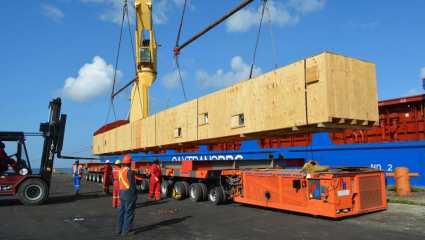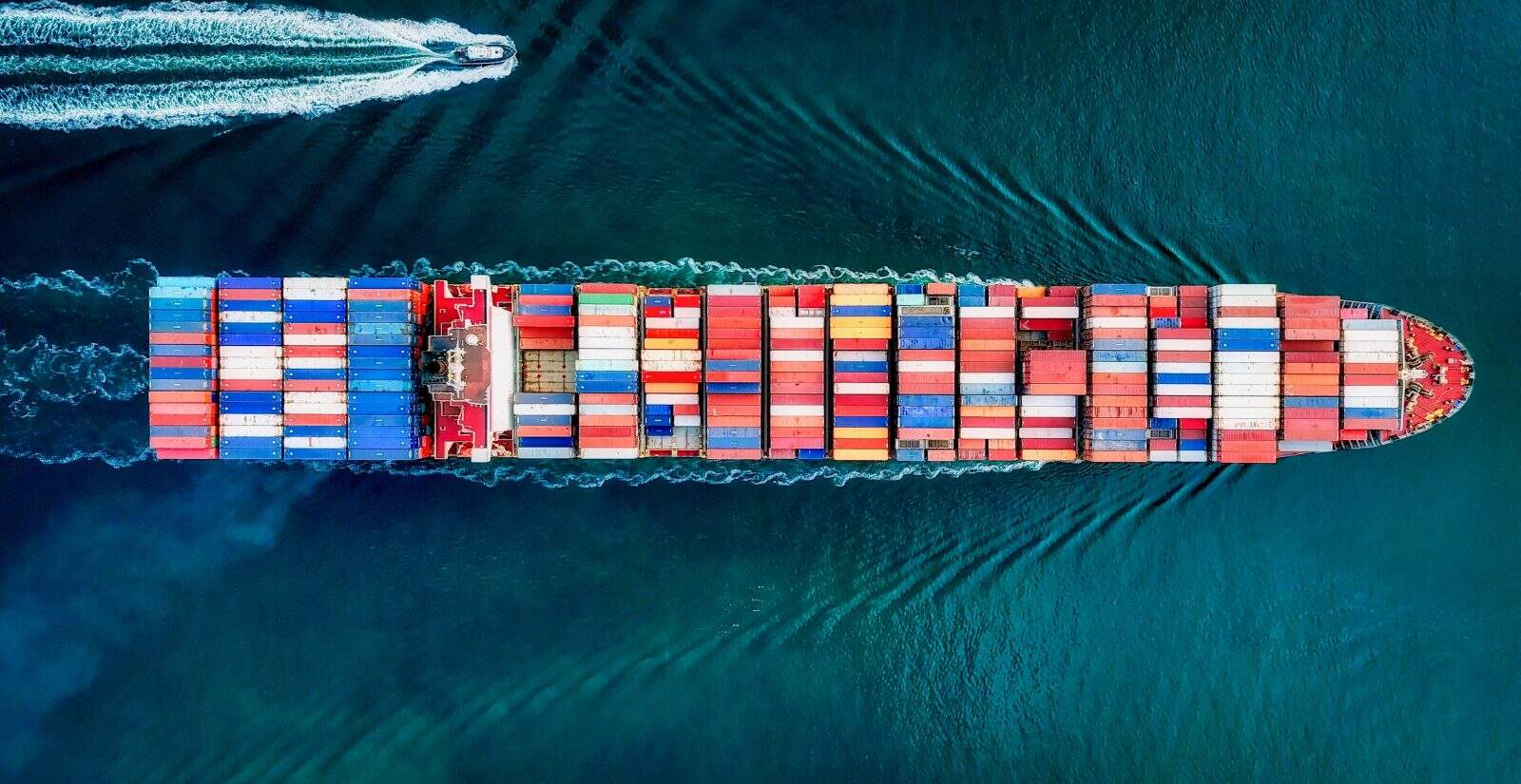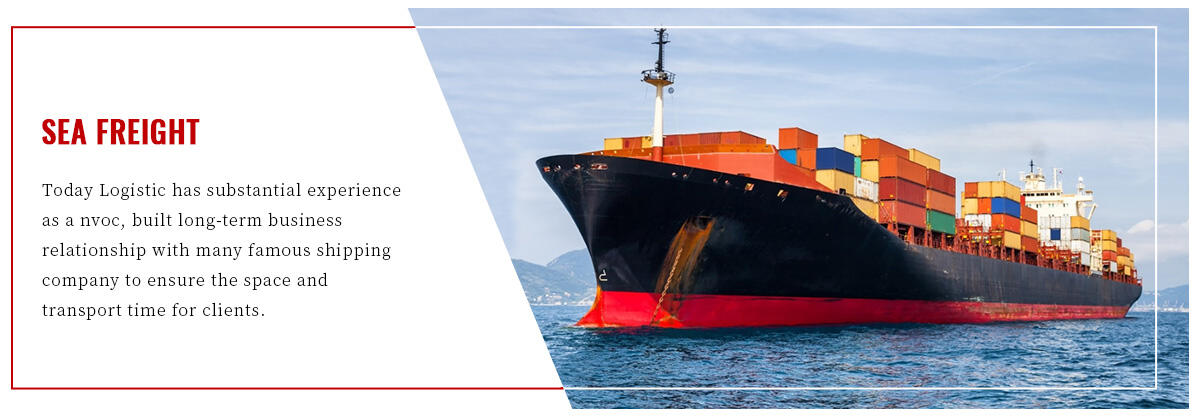sea freight cargo
Sea freight cargo represents one of the most vital components of global trade, serving as the backbone of international commerce. This mode of transportation involves the systematic movement of goods across oceans using specialized vessels designed to carry various types of cargo. Modern sea freight operations utilize advanced tracking systems, sophisticated loading equipment, and standardized containers to ensure efficient and secure transportation. These containers come in different sizes and specifications, accommodating diverse cargo needs from raw materials to finished products. The industry employs cutting-edge technology for route optimization, weather monitoring, and real-time cargo tracking, ensuring optimal delivery times and cargo safety. Vessels are equipped with advanced navigation systems, automated cargo handling mechanisms, and environmental control features to maintain cargo integrity throughout the journey. This transportation method can handle both bulk cargo and containerized shipments, making it versatile for different industrial needs. The system operates through a network of international ports, each equipped with specialized infrastructure for loading, unloading, and temporary storage of goods.


